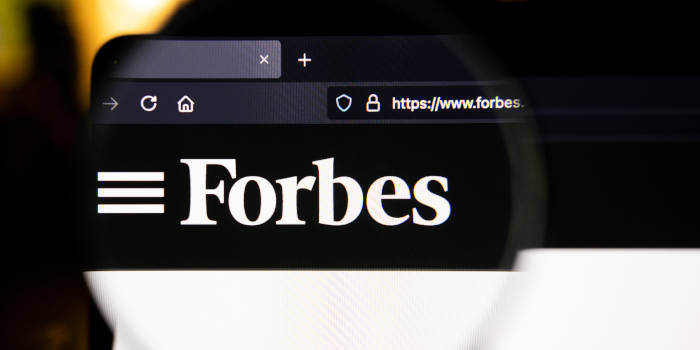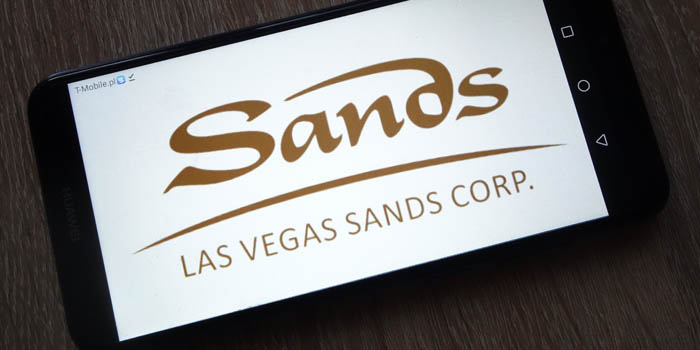Chris Moneymaker Says He Considers Suing PayPal over $12,000

Chris Moneymaker, a famous professional poker player, will sue PayPal for confiscating $12,000 from his account, which he earned from taking care of a 2021 NFL fantasy league.
Poker Hall of Famer Threatens to Sue PayPal
Chris Moneymaker, a Poker Hall of Famer, has announced his intention to sue PayPal, the online payment processing company, over the confiscation of $12,000 from his online account. Moneymaker stated that the money was related to a fantasy football league during the 2021 NFL season.
The pro poker player also appealed to other poker players to join him in his legal action against PayPal for its anti-gambling policies. Moneymaker has not officially filed the lawsuit yet.
Moneymaker has hired Eric Benzamochan as his attorney. He defended Todd Witteles in a $330 million libel lawsuit filed by Mike Postle. Benzamochan won and collected $27,000 in legal fees for the case.
Benzamochan issued a press release in which Moneymaker explained how PayPal froze his online account for 6 months. After that, according to Moneymaker, PayPal notified him that his entire sum of $12,000 got confiscated due to breaching PayPal’s anti-gambling rules.
Gamblers Reported Being Banned From PayPal
Many gamblers report receiving a ban from PayPal due to gambling-related activities. However, they manage to retrieve their money before their accounts get closed. Financial Crimes Reporting Network (FinCEN) in the US is the network that maintains the reporting-requirement boundary. If a transaction, both singular and aggregate, exceeds $10,000, the network requires a report. Possibly, the other players didn’t exceed that amount.
Moneymaker’s funds were confiscated because they exceed the amount of $10,000 and triggering the reporting-requirement boundary by FinCEN. However, the network “doesn’t allow the reporting banking service to conduct a confiscation of the type impacting Moneymaker.”
PayPal’s Policies against Gambling
Before 2006, PayPal was one of the most popular payment channels for gamblers. However, the passage of the Unlawful Internet Gambling Enforcement Act (UIGEA) in 2006 and the US government actions against PayPal changed that.
From pro-gambling, PayPal became extremely anti-gambling and even declined to process transactions for legalized online gambling in some states like Delaware, Nevada, and New Jersey, at first. After that, it entered into processing agreements with individual providers. In 2015, the company agreed to provide service for the World Series of Poker, Nevada. Currently, PayPal’s terms of service still prohibit most types of gambling.
Moneymaker’s lawsuit is not about PayPal’s policies and its right to ban Moneymaker’s account. It is about the confiscation of the $12,000. According to him, PayPal’s rules do not mention confiscation.
Moneymaker said that he would leave it to the lawyers to determine, but he called PayPal’s action “theft” and “bullying.” He stated that this lawsuit is less about the money and more about the principles, even though $12,000 is not a small amount of money.
After 17 years of partnership, Chris Moneymaker said “farewell” to PokerStars. The pro poker player will no longer be an ambassador for the company.
Eva is a PR specialist and communications expert with ten years of experience in campaign organizing and creative writing. She is also a published author of fictional stories. Eva recently developed an interest in economics and the gaming industry after discovering the inspirational story of Molly Bloom.














